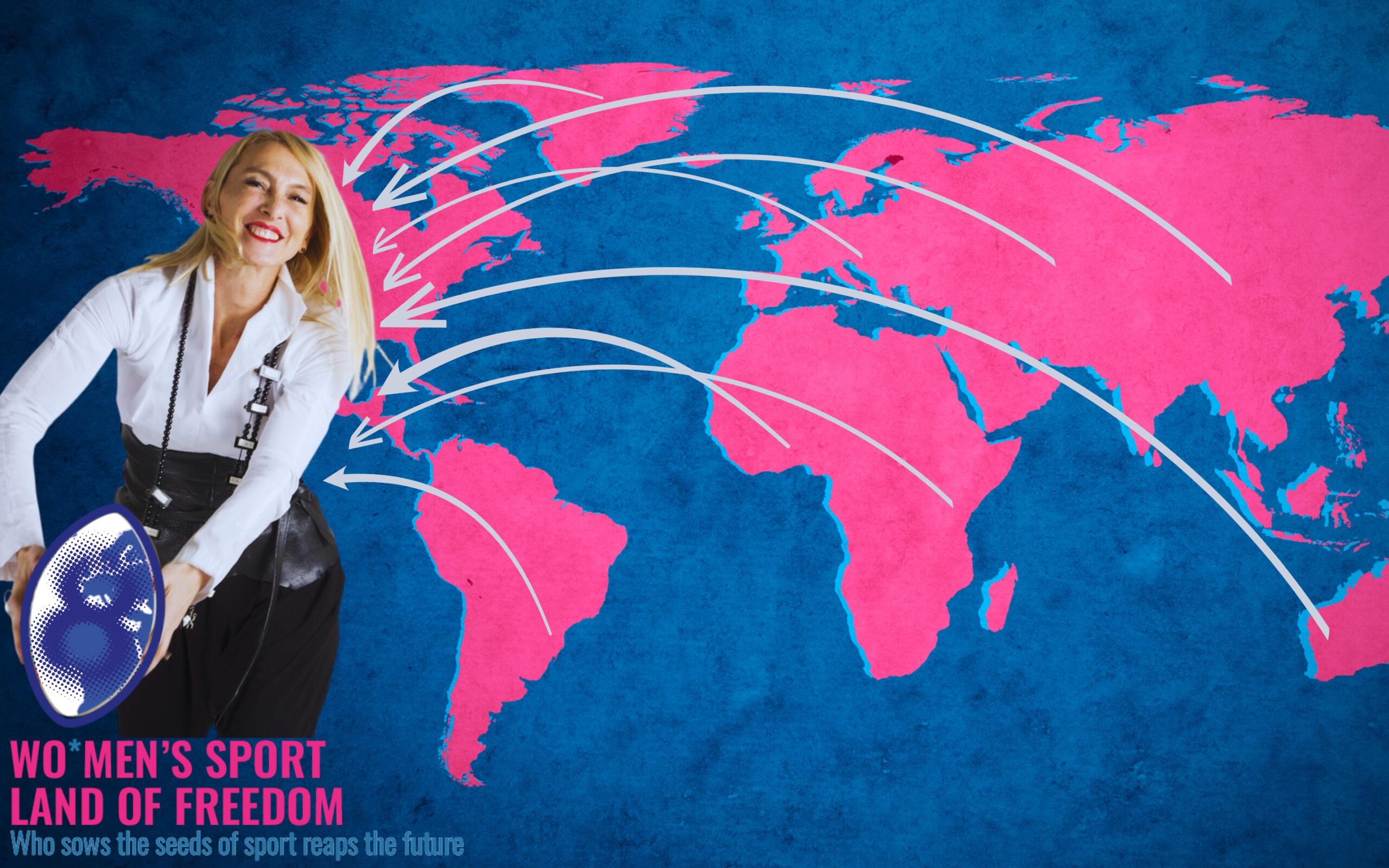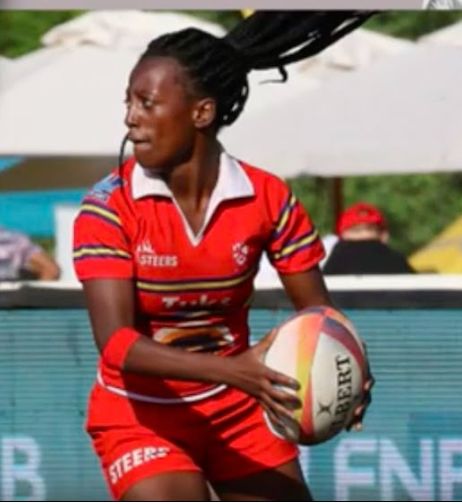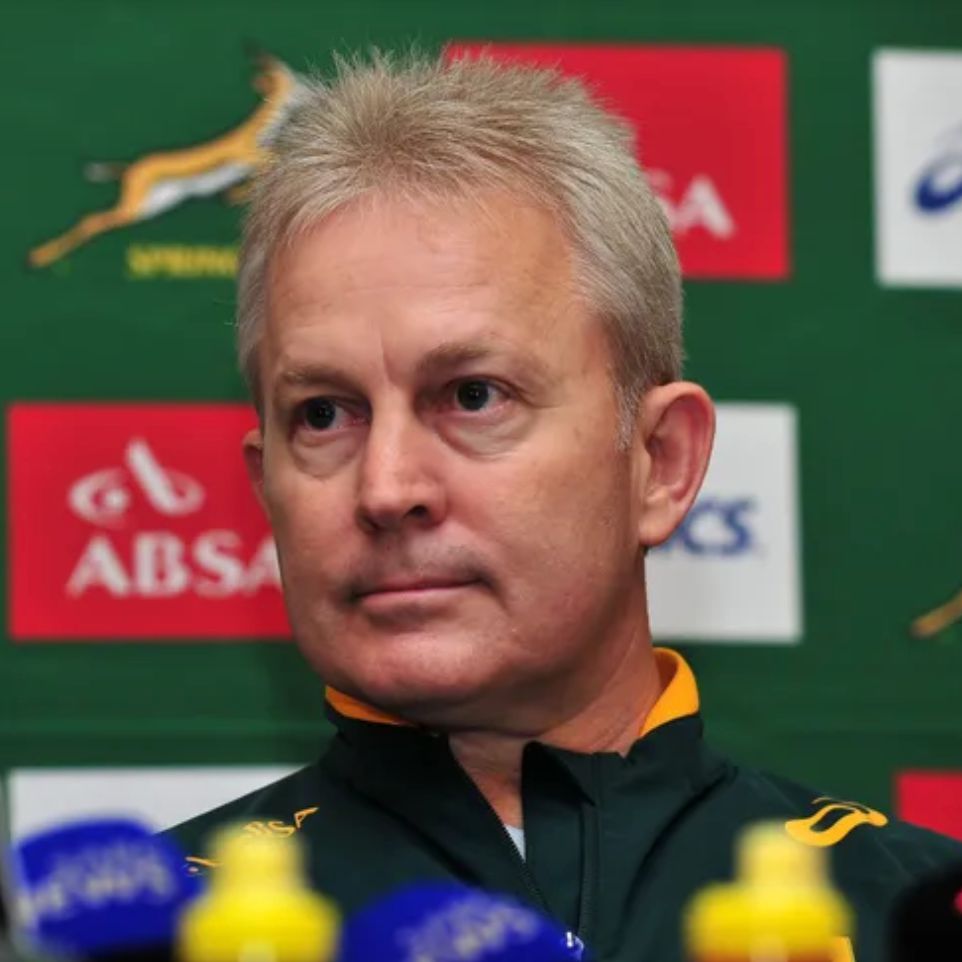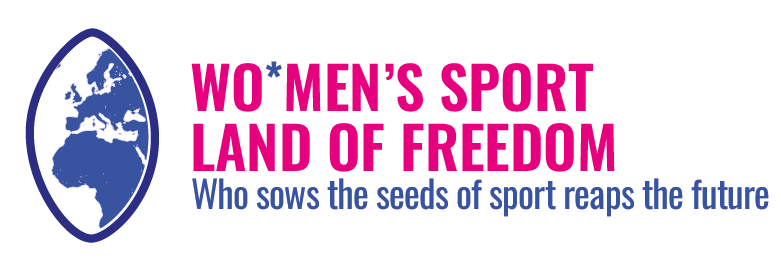
SOUTH AFRICA: IN SOUTH AFRICA THE SITUATION IS FRAGILE. RUGBY TEACHES US AWARENESS AND SELF-DEFENSE.
“In South Africa the situation is fragile. Rugby teaches us awareness and self-defense”
Kemisetso Baloy

Ian Schwartz

Thanks to:
Kemisetso Baloy
Olimpic Rugby 7’s player
Ian Schwartz
General Manager at South African Rugby Union (SA Rugby
- The history of the women’s movement in South Africa
- Testimonials
- Reading time: 7 minutes
SOUTH AFRICA - Find out more
South Africa is a parliamentary republic in Southern Africa with about 60 million inhabitants (2024), with a balanced gender composition. Women occupy between 43% and 46% of seats in the National Assembly, depending on post-2024 election estimates. Female labor force participation ranges between 52% and 56%, compared to around 66% for men. Although women make up a significant share of the workforce, they are overrepresented in the informal sector (over 15%) and underrepresented in leadership positions (less than 7%).
(Source: data.unwomen.org; IPU Parline; World Bank Gender Data Portal; Statistics South Africa; TradingEconomics; GlobalEconomy.com; EISA – post-2024 election analysis)
HISTORY OF THE COUNTRY (Ian Schwartz)
1. When did the women’s rugby movement start in your country and what is its history? How is rugby structured in your country?
The women’s rugby movement in South Africa began with the formation of the Springbok Women, who played their first official match in 2004. Since then, the team has competed in several international tournaments, including the Women’s Rugby World Cup in 2006, 2010, 2014, and 2021, with their best finish at 10th place. They will also compete in the 2025 Women’s Rugby World Cup in England (August 22 – September 27), marking their fifth appearance. The women’s sevens team, the Springbok Women’s Sevens, has also played a key role in player development, signing professional athletes for the first time in 2014 and competing at the Women’s Rugby World Cup Sevens in 2013, 2018, and 2022, the Paris 2024 Olympics, and multiple stops on the HSBC SVNS circuit. The U20 women’s national team has also played matches against African teams in recent years, showing a positive trajectory for growth. South Africa’s women’s rugby history includes key milestones and strategic initiatives aimed at development and gender inclusion. The Springbok Women (15s) represent the country internationally and are managed by the South African Rugby Union (SARU). They have competed in four World Cups since their 2006 debut and currently rank 12th in the world. They played their first test in 2004 against Wales in Port Elizabeth, and since then have taken part in four World Cups and won the Rugby Africa Women’s Cup three times (2019, 2023, 2024). In 2015, SARU made the strategic decision to temporarily suspend the senior national program to focus on grassroots development. This led to the creation of eight Youth Training Centres nationwide and the launch of the annual Youth Training Centre Games. These initiatives greatly expanded women’s rugby, involving more and more girls. The “Get Into Rugby” program, launched as a pilot in 2013 and rolled out nationwide in 2015, has been key to introducing rugby into townships, rural areas, and schools not traditionally linked to the sport. By 2025, it reached its 10-year mark with 248,181 children introduced to rugby, 52% of them girls. As of 2025, an audit of SA Rugby recorded 1,167 registered clubs across the 15 provincial unions, with women involved in 148 clubs (about 13%). Women’s rugby in South Africa is structured across multiple levels: Provincial unions are responsible for promoting and developing women’s rugby. / At club level, teams compete within provincial structures, and the best are selected for provincial squads that play in SA Rugby’s aspirational platforms like the Women’s Premier Division and the Women’s First Division. / To support youth talent, SA Rugby created eight Youth Training Centres (YTCs) for girls aged 14–18, as well as Girls Youth Weeks for U16 and U18 categories, and the SA U20 Women’s Tournament, from which the Junior Springboks are selected. A pioneering example is the Blue Bulls Company (BBCo), which in 2023 became the first provincial union to sign professional contracts for its women’s team, the Bulls Daisies, with 35 players under contract. The initiative combined young prospects and experienced internationals, with full access to elite coaching, nutrition, training facilities, and safety protocols. This professionalization has set a model for the other 14 unions, proving the importance of investing in women’s sport and ensuring female athletes receive the same support as men.
2. Do you think playing rugby has a social impact for a woman in your country?
Yes. Rugby has a significant social impact for women in South Africa. Beyond fitness and teamwork, it fosters empowerment, inclusion, and social change. The Get Into Rugby program integrated rugby into non-traditional schools, aiming to get children to “try, play, stay.” In 2024 alone, it reached 248,181 participants, 52% of them girls. / The Rugby Leadership Programme develops pathways for players, coaches, referees, and administrators, ensuring demographic representation and equal participation. These initiatives underline the importance of grassroots development, technical training, and competitive participation. Rugby builds women’s confidence, teamwork, and leadership skills, helping them grow as athletes and professionals. Women’s rugby is generally more diverse than men’s rugby in South Africa, and as rugby has always been seen as a unifying sport, its impact is deepened by the increasing number of women at elite level. The professionalization of women’s rugby (e.g., the Bulls Daisies) has opened new opportunities and created role models, inspiring future generations. In short, rugby in South Africa promotes inclusion, empowerment, and social change, while also fostering leadership, teamwork, and athletic excellence.
3. In your opinion, what can rugby give to women in your country?
Rugby can offer: Career opportunities: coaching, sports management, media. / A voice: participation in strategic decisions shaping rugby’s future. / Fitness: improved cardiovascular health, strength, agility. / Mental resilience: strategic thinking, decision-making under pressure, endurance. / Teamwork and leadership: collaboration and guiding others on and off the field. / Community and belonging: deep social bonds through team membership. / Empowerment: self-confidence, self-esteem, and achievement. / Breaking stereotypes: challenging gender biases and promoting equality.
JOURNEYS THROUGH RUGBY (Kemisetso Baloy)
1. When did you start playing rugby and how you discover it?
I started playing rugby at 15, in 2013, after watching a girl from the U18 national team.
2. What has rugby taught you that has impacted your daily life? Can you give me an example of when a rugby mindset was useful?
“Rugby strengthens self-esteem. When a woman becomes confident and realizes she can reach her goals, that confidence carries into her personal life as well.”
“In South Africa, the situation is fragile. Rugby teaches us awareness and self-defense.”
3. Can you give me 3 words that connect rugby to freedom?
Self-esteem – Awareness – Protection/Self-defense.
4. What does live in a land of freedom mean to you?
Freedom as safety, awareness, and the ability to choose your own path.
5. What object represents you and why? What is an aphorism that guides your life?
I still keep my first Blue Bulls jersey, which I received three months after I started playing. It symbolizes my dream.
“It doesn’t get easier with time – you just get stronger”:
